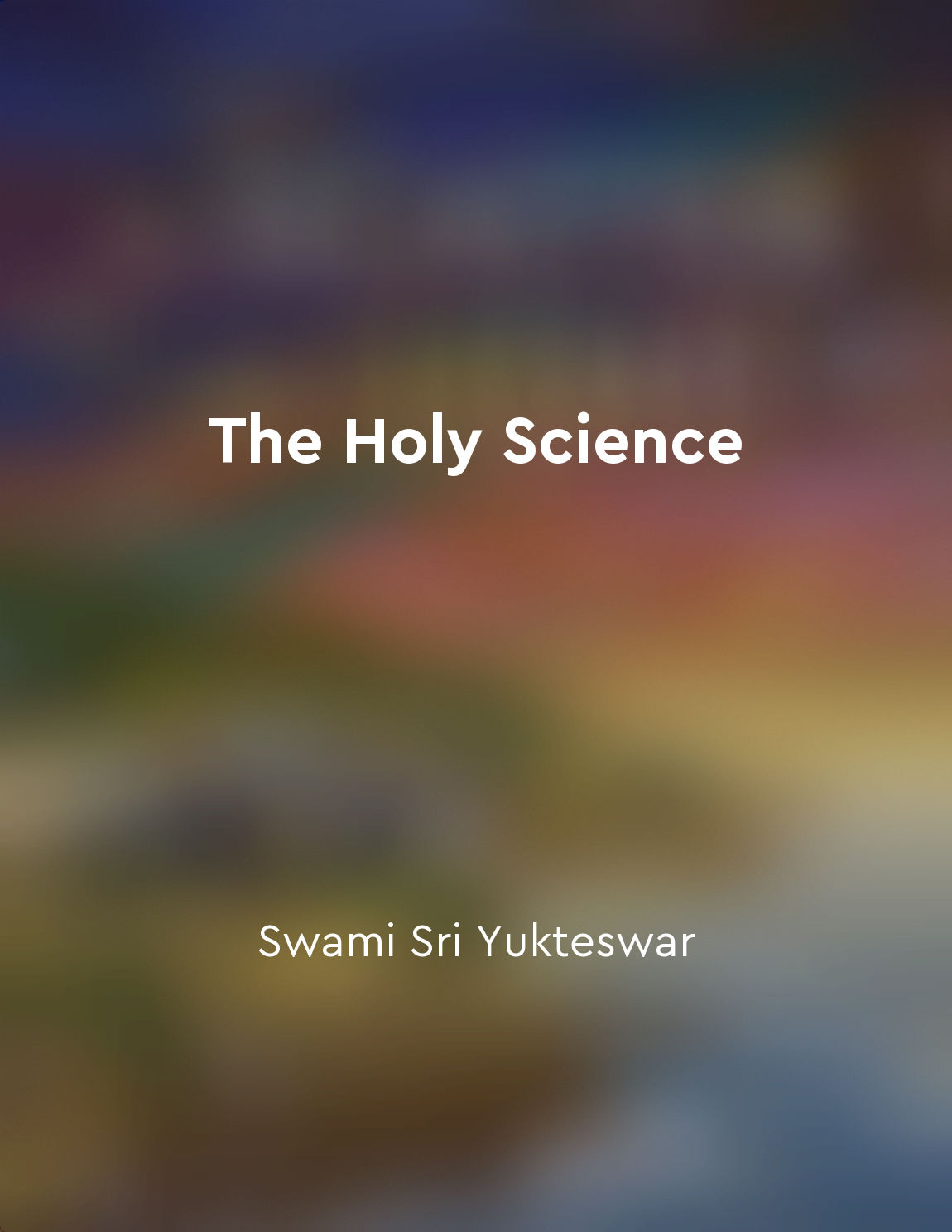Attachment is the root of suffering in Buddhism from "summary" of Buddhism For Dummies by Jonathan Landaw,Stephan Bodian,Gudrun Bühnemann
In the teachings of Buddhism, attachment is identified as the primary cause of suffering. This concept is rooted in the idea that our attachment to people, things, and ideas leads to craving, clinging, and ultimately, dissatisfaction. When we become attached to something, we develop a strong desire for it, and when that desire is not fulfilled, we experience suffering. This suffering can manifest in various forms, such as anxiety, frustration, or disappointment. Buddhism teaches that everything in life is impermanent, including our attachments. Nothing lasts forever, and when we hold on to things that are constantly changing, we set ourselves up for disappointment. This is because attachment creates a sense of dependency on external factors for our happiness, which is inherently unstable. Furthermore, attachment can also lead to negative emotions such as jealousy, resentment, and greed. When we are attached to something, we may feel threatened by the possibility of losing it, leading to feelings of insecurity and fear. This not only causes suffering for ourselves but can also harm our relationships with others. By recognizing the role that attachment plays in our suffering, we can begin to cultivate a sense of detachment or non-attachment. This does not mean that we should avoid forming connections with others or enjoying the things in life. Instead, it means developing a healthy relationship with these things, where we appreciate them without becoming overly attached. Practicing non-attachment allows us to let go of our cravings and desires, freeing us from the cycle of suffering. By releasing our attachments, we can find a sense of peace and contentment that is not dependent on external circumstances. This shift in perspective can lead to a more fulfilling and meaningful life, based on acceptance and gratitude rather than clinging and dissatisfaction.Similar Posts
Investigation into mind and consciousness
The exploration of the mind and consciousness is a fundamental aspect of the intersection between Buddhism and neuroscience. Th...

The Babylonian civilization was advanced in philosophy
The Babylonian civilization, rooted in Mesopotamia, displayed a remarkable sophistication in various fields of knowledge, inclu...

Practice selfdiscipline and self-control
The Bhagavad Gita teaches us to practice self-discipline and self-control. This means that we must learn to control our desires...
Unity of all beings
The concept of unity of all beings is a central teaching in the Bhagavad Gita. It emphasizes that all living creatures are inte...
Enlightenment is attainable through selfdiscovery
The journey of understanding oneself is a profound path, intimately connected to the essence of existence. As individuals delve...

Transcending the cycle of birth and death
The concept of transcending the cycle of birth and death is a central theme in the Bhagavad Gita. According to the teachings of...

Material desires lead to bondage
Material desires, arising from the delusion that happiness can be found in external objects, lead to bondage. This bondage is c...
Seeking to understand the true nature of the Self
The true nature of the Self is a profound mystery that has puzzled humanity for centuries. It is a quest that has driven indivi...
Zen emphasizes direct experience over intellectual understanding
In the practice of Zen, there is a notable emphasis on direct experience as opposed to intellectual understanding. This key con...
Love transcends physical boundaries
In the world of Tibetan Buddhism, the concept of love is not limited by physical boundaries. It is believed that love can trans...
